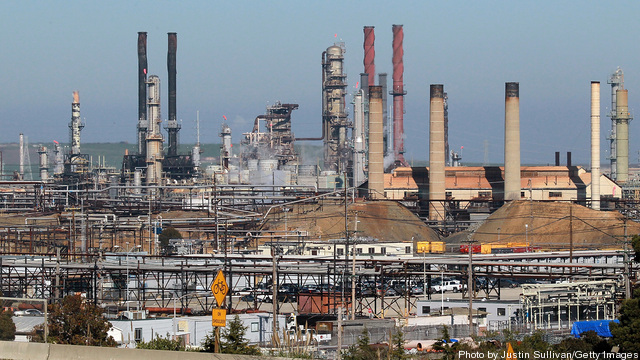
The most recent Wall Street Journal/NBC election poll found very few people who are undecided about their choice for president, which means the fight to win swing states will be ferocious. Could energy issues play a role in the outcome?
Clean energy advocates say the possibility has become a reality in at least one of those states – Iowa – and it promises to influence undecided voters elsewhere, as well. Keep reading →








